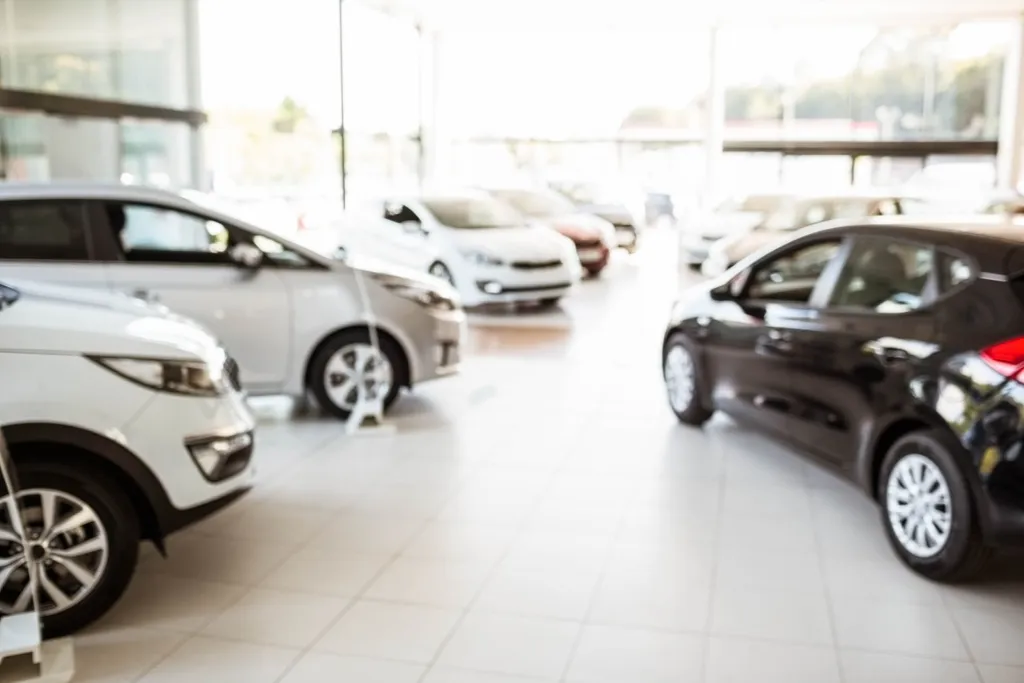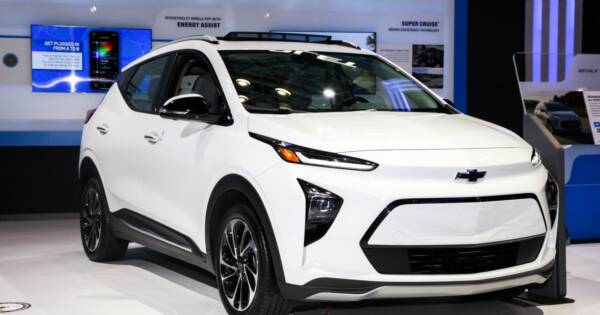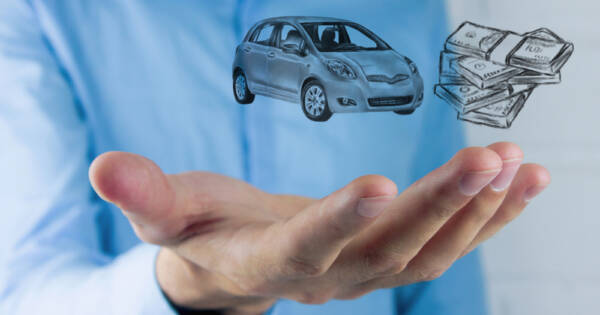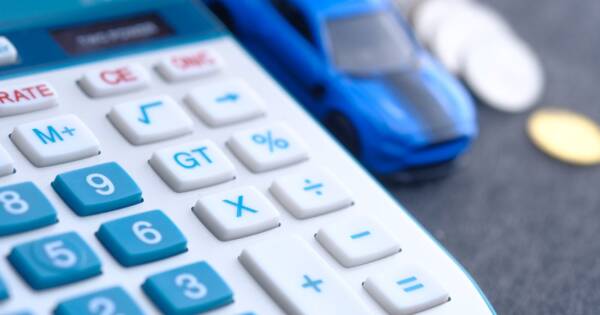Getting a new vehicle is one of the biggest money commitments a person can make. There’s the down payment, monthly insurance, maintenance fees—and let’s not forget about those pricey trips to the gas station each week. Despite the heavy costs associated with a new car, many people need a vehicle for their day-to-day lifestyle.
But is leasing or buying a car the right choice? If you’re looking to make cost effective decisions, consider the pros and cons of leasing versus buying.
 ESB Professional / Shutterstock
ESB Professional / ShutterstockBuying A Vehicle
Buying a vehicle involves a tried and true process that’s been done forever—you’ll need to take out a loan from a bank, that loan buys the vehicle for you, and you’ll make monthly payments back to the bank until you pay off the loan. This process means the car is yours to do whatever you want with it. That being said, there are still both pros and cons to buying a car.
The Pros
There are a lot of benefits to buying your own vehicle. For starters, your monthly payments all go towards your actual ownership of the car. The costs are upfront when you agree to buy it, so no need to worry about added fees from popping up (apart from possible interest).
When buying a vehicle, you also get to choose from a wide variety of models, transmissions, colors and more. You can completely customize your car to meet your needs.
Additionally, you can consider resale value when you’re buying. If you choose the right color and options, you can purchase a vehicle that holds its value, and can net you a little money when you sell it later on.
You will own the vehicle and get to keep it as long as you want to. This also means that if you wanted to sell or trade in the vehicle, you can do it anytime you want. That’s something you wouldn’t be able to do with a lease agreement.
The Cons
Since you’re paying for the entire vehicle, interest and other finances, your monthly payments will likely be higher than a monthly lease.
Another financial burden that can happen is lost value. If you decide to sell the car later on, it might lose its trade-in or resale value over time, meaning you might not make as much money back as you’d expect.
Overall, buying a car is relatively simple. You pay what you owe and the vehicle is yours to own.
Leasing A Vehicle
Leasing a vehicle is less straightforward than taking out a car loan. Those who choose to lease will make monthly payments but don’t actually own the vehicle. It’s essentially like renting a car long-term. You sometimes have the option to buy the car at the end of the lease if you wanted to, but it’s more common to simply hand the car back over to the dealership.
Leasing has become increasingly common, with the market growing by a whopping 91 percent¹ over the past five years.
The Pros
Monthly payments for car leases are often affordable . This is because you’ll only be paying for the vehicle’s reduction in value, interest, taxes and fees. The down payment² (or cash due) in a lease agreement is often cheaper, or even sometimes non-existent.
Leasing also gives you options. When you lease, it gives you freedom to switch up your vehicle every two or three years. Trendsetters will be able to drive the latest car models and enjoy new, up-to-date features. The short lease threshold also means you won’t ever have to worry about the warranty expiring and having to pay for repairs later on,
Signing a lease erases the burden of having to trade or resell the car when you decide it’s time to move on. Instead, you just return it to the dealer. This is especially beneficial for anyone who’s looking for a short-term contract, or who doesn’t want to have to sell a car. .
The Cons
Sometimes, the trade-off for lower monthly payments is the lease limit³ on the amount you’re actually allowed to drive the vehicle. It’s common for a lease to only allow 10-15,000 miles⁴ per year on a contract. A leasing contract might limit what you actually want to do with the car. You’ll end up paying extra fees on the car if you drive over the designated mileage limit, which is something you wouldn’t have to worry about if you owned the car.
And there’s an added cost you might not be aware of when leasing a car: gap insurance. This extra cost isn’t necessary, but it’s a highly recommended add-on in case something happens to the car. For example, you might be required to pay out of pocket for the remaining balance of the car if it’s totalled, which can cost thousands of dollars. Gap insurance will cover that cost for you. It’s a good safety net to have, but more money to dish out on something you might not even need.
Additionally, when you return your leased car, you could be liable for additional fees for physical damages to it like scratches and dents.
Your Lifestyle Can Help Determine What’s Right For You
Deciding how you’ll pay for a new vehicle isn’t a decision to rush. After weighing the pros and cons of both options, it will usually become obvious whether leasing or buying is the right decision for you.
Most dealerships offer financing and leasing options. If you’re torn between the two, do your research before heading to the dealership. Consider available auto loans and interest rates, and search online for lease offers in your area. You may find a deal that makes it more worthwhile to buy – or more worthwhile to lease.


